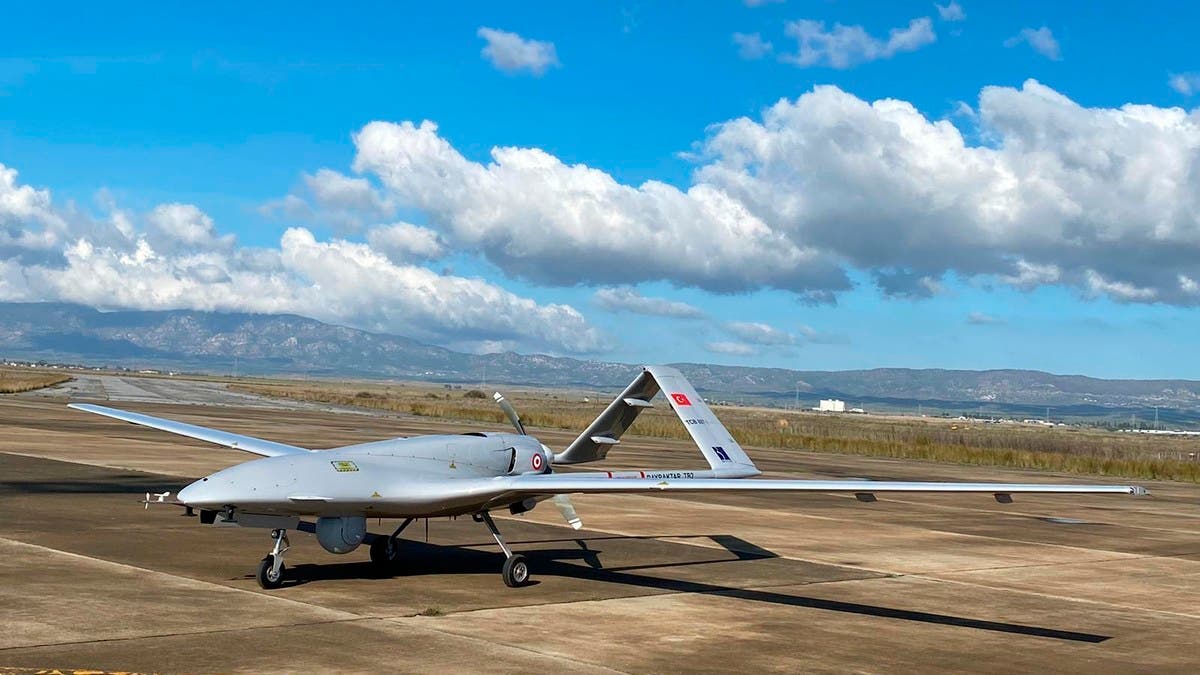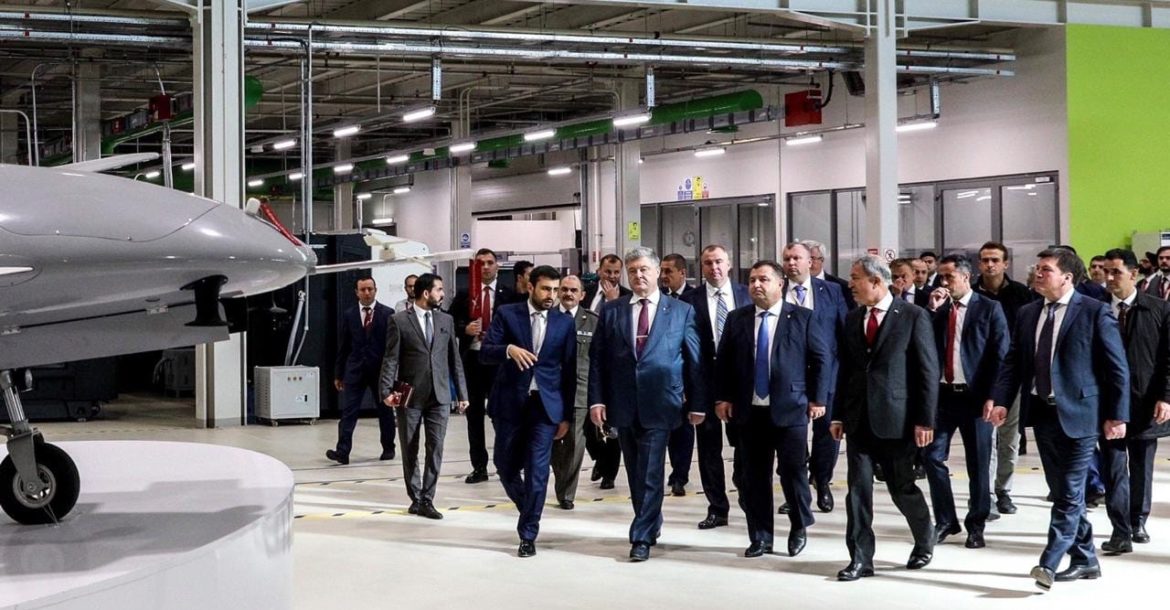Turkey has allegedly started to use its drone technology not only for military sales but also in diplomatic bargaining, an examination of agreements made with various countries indicates after a gang leader-turned-whistleblower claimed that Turkey had offered a lucrative agreement to Morocco as a bribe.
Sedat Peker, a notorious, convicted mob boss who fled Turkey and is currently setting the agenda in the country with his shocking Youtube videos, particularly about dark events in Turkey’s recent history, claimed the Turkish government had donated some military drones to Morocco and submitted a low-price offer for additional units on the condition that he be extradited in April. Peker said a flight he was to about board to depart Morocco was canceled moments before takeoff, but he managed to leave for the United Arab Emirates without disclosing how he had been able to accomplish that. However, he praised the Moroccan ruler, King Mohammed VI, for honoring a principle inherited from his father, which is to extradite no one who has defected to Morocco.

Last month Far-Maroc, a website close to the Moroccan Army, reported that Morocco had signed a contract with Turkey for the acquisition of 13 Bayraktar TB2 unmanned combat aerial vehicles (UCAV) for MAD 626 million ($69.6 million). The agreement reportedly stipulates that Turkey will build four remote control ground stations and provide a configurable simulation system as well as a digital system for tracking and storing information.
Despite the fact that neither party has officially has confirmed or denied the agreement, Turkey’s state-run TRT World website published a story that implies the contract exists, saying, “The deal worth millions is set to bring the two countries closer and marks another step in the growing international market for Turkish drones.”
In January 2019 Ukrainian state-owned Ukroboronprom, an association of multi-product enterprises in the defense industry, announced an agreement between Turkish company Baykar Makina, which produces Bayraktar TB2s, and Ukraine’s state-owned arms trader Ukrspecexport (a part of Ukroboronprom) to buy 12 Bayraktar TB2s for $69 million. According to the Turkish media, the purchase agreement includes three ground stations and the training of personnel.
It looks like the agreement with Morocco, which carries almost the same price tag as the deal with Ukraine but includes an extra UCAV and ground station. Military experts state that the unit price of a Bayraktar TB2 is over $5 million.
Turkey’s drone sales are profitable but also carry risks. Observers have speculated that the drone agreement with Morocco was kept secret for the reason that Morocco will use them in the Western Sahara against separatist groups such as the Polisario Front, backed by Algeria, with which Turkey has traditionally had close relations.

On Monday Russia warned Turkey once again against Ankara’s efforts to boost cooperation with Kyiv. In an interview with the Argumenty i Fakty newspaper, Russian Foreign Minister Sergey Lavrov said, “We strongly recommend that our Turkish colleagues carefully analyze the situation and stop fueling Kyiv’s militaristic sentiment,” which could be interpreted as a threat.
Ironically, on the same day, Turkey and Poland signed a deal for the sale of 24 Bayraktar TB2s, making Poland the first NATO and European Union member country to purchase Turkish drones, another move that will disturb Russia.
Canada had previously suspended the export of technology for drones to Turkey after it claimed Canadian-made systems had been used by Azerbaijan in the Nagorno-Karabakh conflict in September 2020. “This use was not consistent with Canadian foreign policy,” said Foreign Affairs Minister Marc Garneau in April. Selçuk Bayraktar, chief technology officer and a shareholder of Baykar Makina, responded that his company no longer needs Canadian drone technology.

It is no secret that Turkish President Recep Tayyip Erdoğan, his family members and his business associates benefit immensely from defense industry and military goods sales. Bayraktar is Erdoğan’s son-in-law, and his company not only takes advantage of all state facilities but also earns high profits in the local and international market with the sale of weapons, for which the only decision maker is his father-in-law. An important reason for choosing Turkish drones is that Turkey does not have a long export approval process unlike the US and the European Union.
By: Levent Kenez
Source: Nordic Monitor



